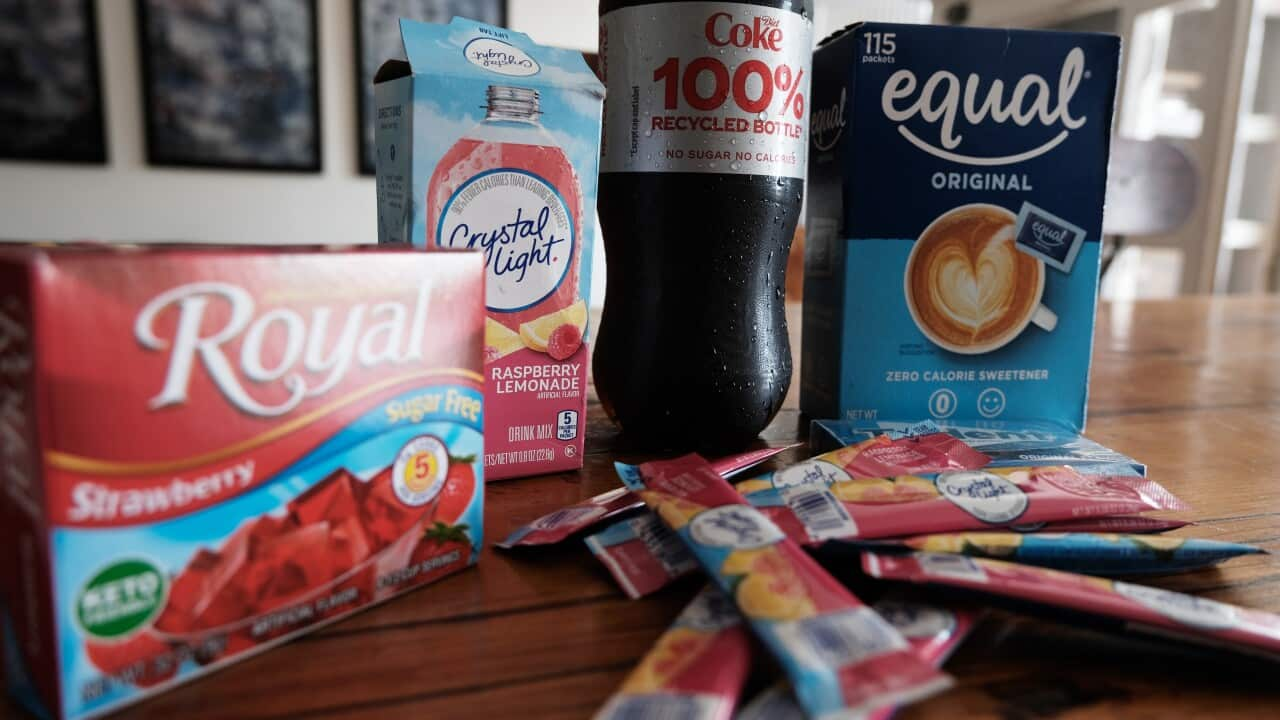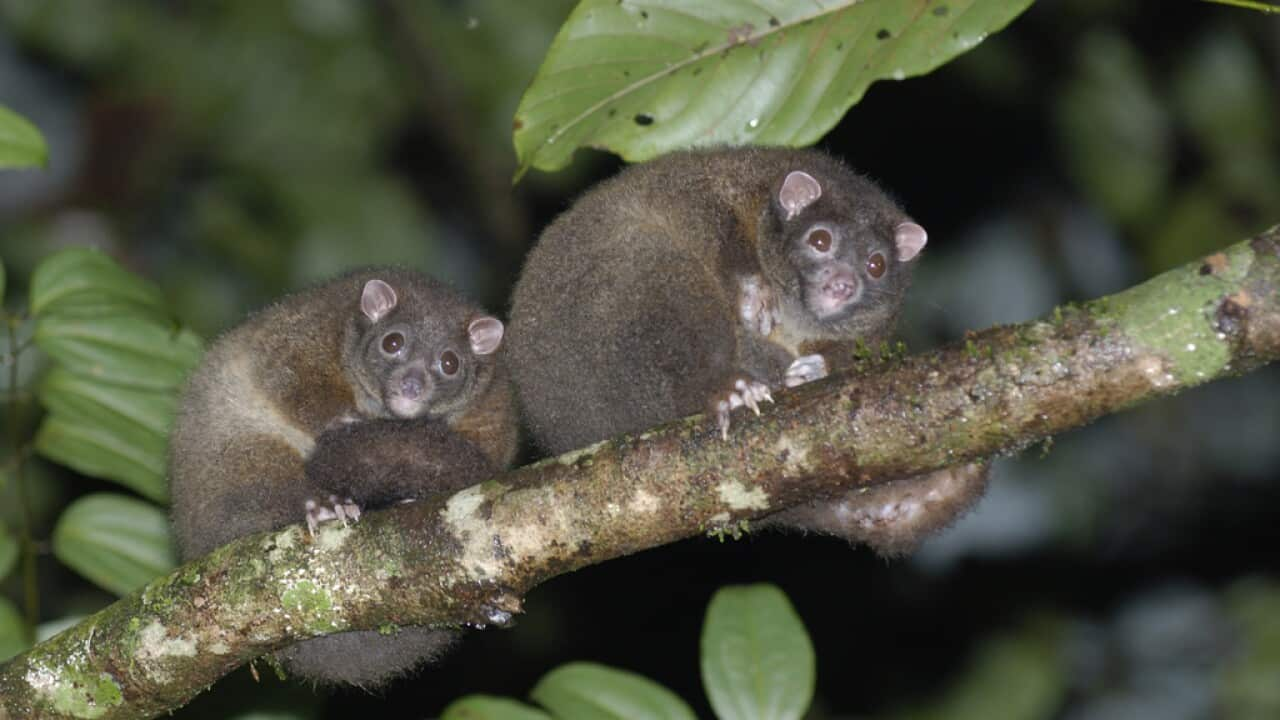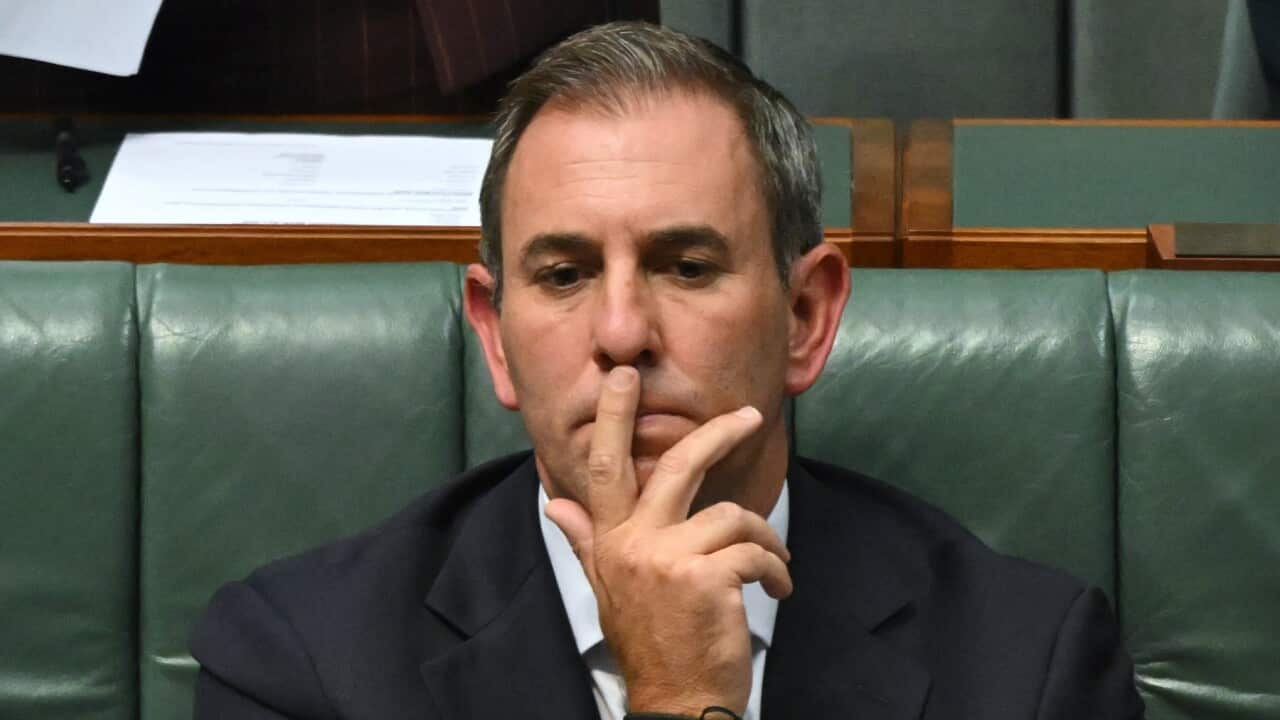Listen to Australian and world news, and follow trending topics with SBS News Podcasts.
TRANSCRIPT:
In 2025, if you're dodging sugar to spare your health -you likely aren't going without the sweet stuff altogether.
There are readily-available sugar-free soft drinks and even lollies - in fact, more than ever before.
Food manufacturing giants have pivoted to artificially sweetened goods - but is zero sugar, zero harm?
Not according to a new study in the Journal of Hazardous Materials - and the name of the publication gives a clue about the results.
Dr Xuan Li from the University of Technology, Sydney, says it is the environment that is paying the price for a rise in artificial sweeteners.
"So whatever we are eating will eventually discharge into wastewater and become concentrated in wastewater treatment plants. And our treatment plants are not easily able to degrade them as well. So they will be directly discharged into the environment. And this will gradually lead to the accumulation in the environment and eventually effect all the water creatures."
The U-T-S study has found some of these fake or alternative sugar substances are building up in waterways around the world.
They are designed to not be fully absorbed by the body – and for the same reason, they don’t break down as easily in waterways or on the land.
They become 'forever chemicals' that build in concentration and potential toxicity.
And that is a bigger problem.
Why? Because in an ecosystem, all organisms are connected.
"Some fish may die early because of this. So in a fish it is like the bottom line is anything changing the fish will eventually impact the upper food chain and impact the other creatures. Like we have found algae can be impacted and they all of a sudden bloom and all of a sudden die, because of the build-up of artificial sweeteners."
Not all sweeteners are created equal, and one scores worst in terms of its lack of ability to decompose - Sucrose - which is marketed as Splenda in supermarkets around the world.
The sweeteners, saccharin and cyclamate particles were comparatively easy to remove from water.
This isn't the first time sweeteners have come under fire for their environmental impact - major studies out of the E-U in recent years.
Dr Li says its impossible to know how long it will take for the build-up of these microtoxins to have a detrimental impact on humans - and to know how severe that impact could be.
“We are talking a lot about P-FAS a lot in recent years, but actually artificial sweeteners have a similar accumulation pathway like PFAS in our environment. We just have not got enough attention on it. This is also partially because we have currently very mixed results, regarding the impact of artificial sweeteners.”
There have been conflicting findings in numerous global studies about the impact of sugar substitutes we eat and drink.
In March 2023, Food Standards Australia New Zealand reviewed the intense sweeteners permitted for use in the Food Standards Code.
It concluded:
"A range of different sources of evidence were included such as sweetener use information and dietary exposure assessments. Steviol glycosides were reviewed in detail which included an analytical survey and risk assessment. No public health and safety issues were identified as a result of the review."
But Dr Li says more research needs to happen - now - for the planet, ecosystem and our health.
Meanwhile, we each have a choice.
"As consumers ourselves, we can think twice when we are trying to purchase a product. I know artificial sweeteners can sound very tempting if you're trying to control your blood sugar level, your body weight. But the question is, do we really understand them well enough? If not, maybe the conventional sugary stuff will be a better solution."













